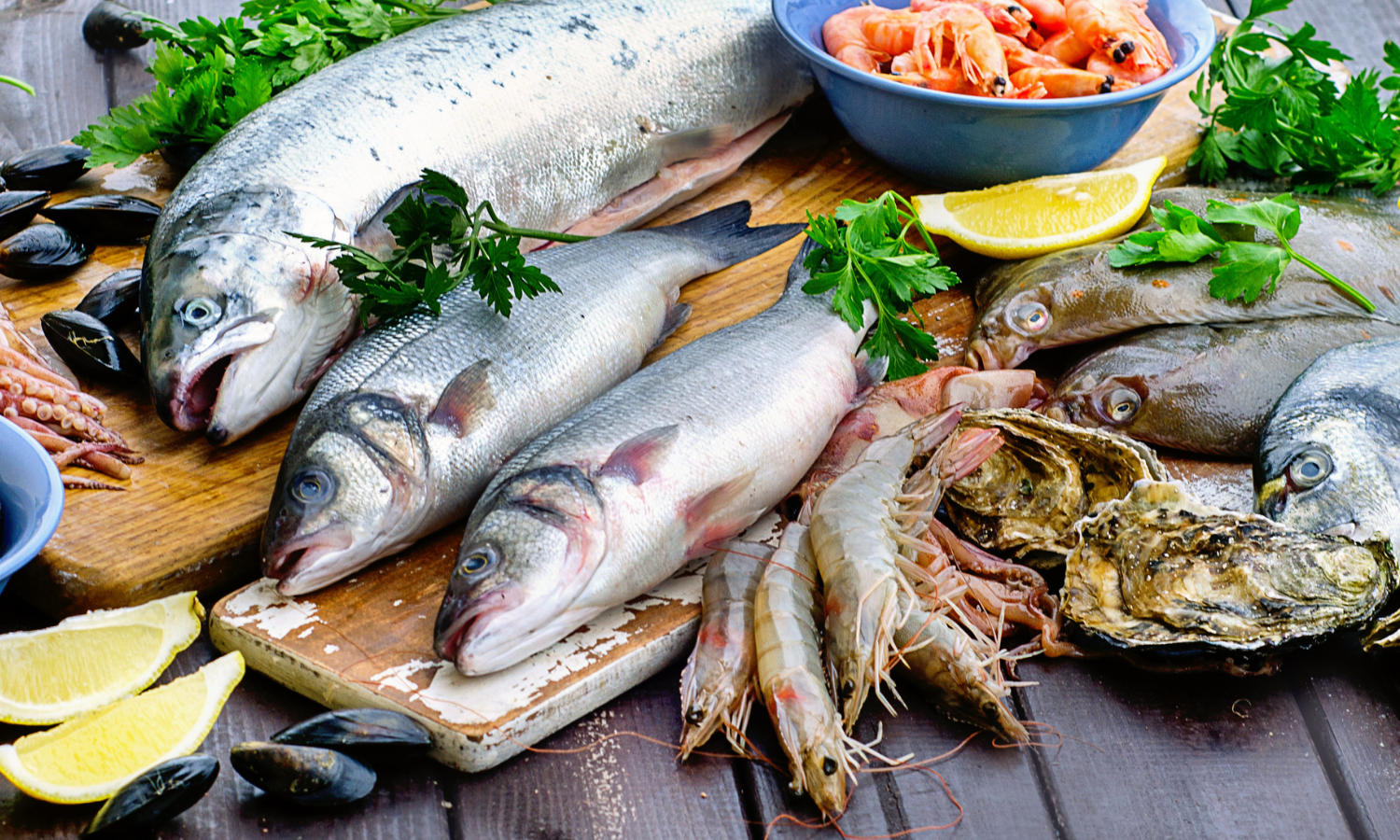Consuming wild American seafood is an exceptionally beneficial action for your own health, the prosperity of our planet, and the growth of the American economy.
Negative Impacts of Imported and Farmed Seafood
The staggering majority, over 60%, of seafood in the US is imported, with a considerable portion of it being farmed. The adverse impacts of fish and shrimp farms on natural habitats and the environment cannot be disregarded. These farms occupy land, necessitate color pellets to match the bright colors seen in wild fish, and are notably terrible from an emissions point of view. Additionally, shrimp farming has caused substantial destruction of mangrove forests, which are among the world's most efficient carbon-sequestering banks, storing more than twice the CO2 per acre as tropical rain forests.
Wild Fish: A Sustainable and Carbon-Efficient Protein Source
Wild fish is considered the most carbon-efficient animal protein, and one of the most carbon-efficient overall proteins we can consume, alongside lentils, legumes, and peas. Effective management of fisheries, as seen in Alaska and the Pacific Northwest, can maintain a sustainable food system, capable of feeding a growing population continuously into the future. Fisheries managed under the National Oceanic and Atmospheric Administration (NOAA) in the United States are regarded as some of the best-managed fisheries globally.
Supporting American Fishing Families
When you choose to consume wild American seafood, you are providing support to American families. A quote from a fishmonger in 1816: “It's not fish ye’re buying: it’s men’s lives,” accurately depicts the crucial role of commercial fishing in the United States. This profession is among the highest-risk jobs in the country, resulting in an average of 42 deaths per year. The costs associated with owning and maintaining a vessel, gear, fuel, and paying the crew are substantial for fishers. Most fishers have generational ocean roots, with their families having fished for many years. They deserve to receive adequate compensation for their efforts, time, and risk. It is essential to consider variables such as price, supply, and sustainability when purchasing wild American seafood as a consistent source of protein. Fisheries that are adequately managed are allocated quota cut-offs for how much fish can be caught. This may limit the availability of certain species for consumers but ensures the long-term availability of that species.
In conclusion, consuming wild American seafood not only benefits our personal health but also the planet and the American economy. By choosing to support well-managed fisheries, we can help maintain a sustainable food system that can feed future generations. Additionally, we can support American fishing families who risk their lives to provide us with fresh seafood. It is crucial to consider variables such as price, supply, and sustainability when purchasing wild American seafood. By making conscious choices, we can help preserve the ocean's delicate ecosystem while ensuring the long-term availability of seafood. Let us continue to appreciate the bounty of the sea responsibly and make a positive impact on our environment, economy, and society.
Eat wild seafood. Eat American seafood. Eat it weekly.


